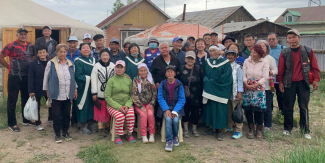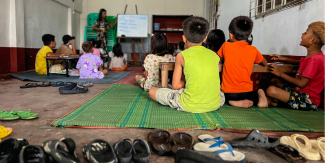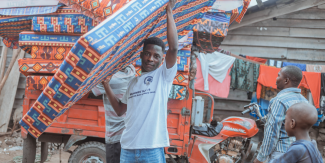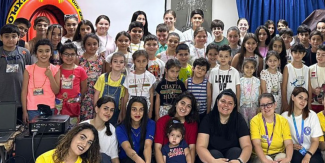On the set of her latest film Between Borders, actress Elizabeth Tabish (The Chosen, The Best Christmas Pageant Ever) testifies before a judge. From the witness stand, her character recounts a humiliating experience as a refugee, forced to repeat the phrase that she was “quieter than water and lower than grass,” in order to secure a job. The actress’ eyes well up with tears, and not all are for show.
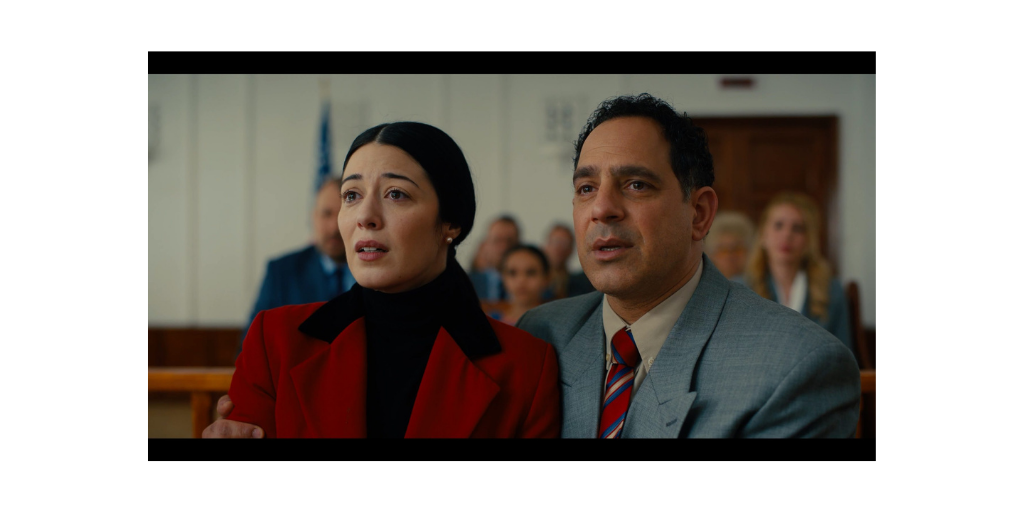
While filming the scene, Elizabeth looked off screen and into the face of her character’s real-life inspiration, Violetta Petrosyan.
“As I’m recounting this story,” Elizabeth reflects, “I was able to look at her and remember that this was a real story. This really happened to this woman, this wonderful, kind woman.”
“It was a little bit of a cheat for me as an actress,” she adds. “It was very easy to get emotional, because I was sitting right across from the person that this happened to. It was a very special moment.”
Between Borders shares the harrowing tale of the Petrosyan family—Violetta, Ivan, and their two young daughters Julia and Olga—as they flee violence in Azerbaijan in the late 1980s. In their search for safety and a sense of home, they meet Jesus in a budding Russian Church of the Nazarene.
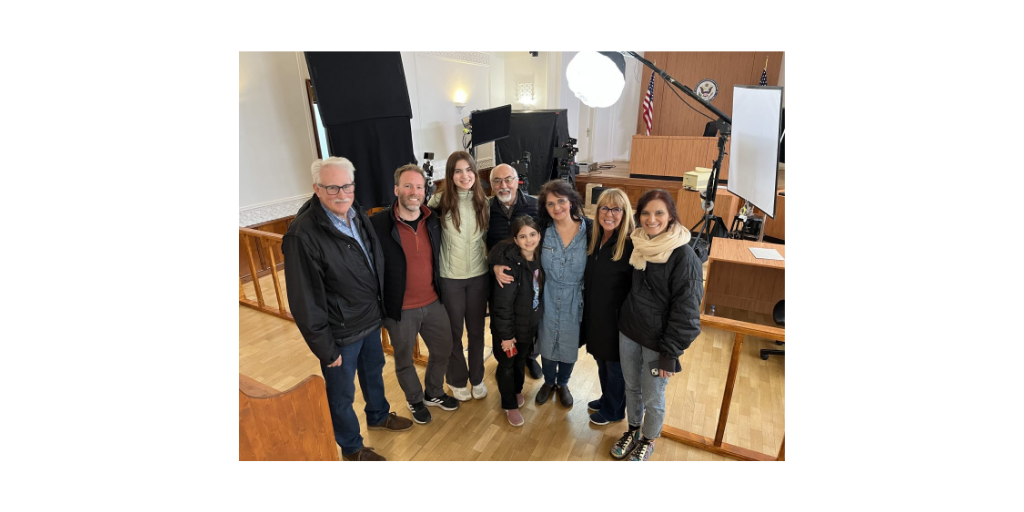
When Connie and Lonnie Norris moved their family from the United States to Volgograd, Russia, in 1993 as volunteer Nazarene missionaries, they soon crossed paths with Violetta and Ivan, ardent atheists and exhausted parents trying to build a life for their family in yet another country. The couple skeptically visited a worship service after Violetta’s mother began attending a church planted by the Norrises. Initially, Violetta stopped by solely to listen to English, but found herself returning, drawn to the message of hope and healing found in Jesus.
“I always say that my life started when I accepted Jesus,” Violetta remembers. “Everything changed from that day.”
“I’d never seen joy that much on display,” says Violetta and Ivan’s daughter Olga, recalling her first encounter with believers as a child. “They actually wanted to know me,” she says, adding, that “it was such a big thing, to feel loved by people.”
“And then realizing why they’re so different than people just across the street—oh my, it’s Jesus. I want to know that Jesus,” she remembers thinking. “That’s why the hunger for Christ came, because I saw that.” Every Sunday after, the family returned, finding peace and warmth in a violent, unwelcoming world. “That was the place I ran, because I felt loved and accepted by others,” Olga says.
“People need each other,” adds Lonnie, who spent seven years planting churches with Connie in and around Volgograd. “Hospitality is one of the things that’s noted in the Bible that we crave. It’s an inner need. It also gives us an opportunity, in community, to work out the Scripture, interpret the Scripture, make it practical. It’s in community that we encourage one another.”
Community in Christ—the tragedy when it’s missing and the safety net it weaves—is a focal point of Between Borders.
“It is a story that reminds us to be good to each other, to love each other—especially those who are on the outside of society, or ‘othered’ or rejected,” Elizabeth says. “It’s a beautiful story of what can happen when you take care of each other.”
Through the eyes of the Petrosyans, Between Borders explores racism, displacement, and human suffering, as well as humility, hope, and trust. “It’s important to tell stories that represent complex issues that Christians should wrestle with,” says producer Isaac Norris—son of Connie and Lonnie. He also emphasizes the film’s deep Nazarene roots. “The Nazarene Church’s global mentality and focus on compassionate ministries are so evident throughout the film,” he says.
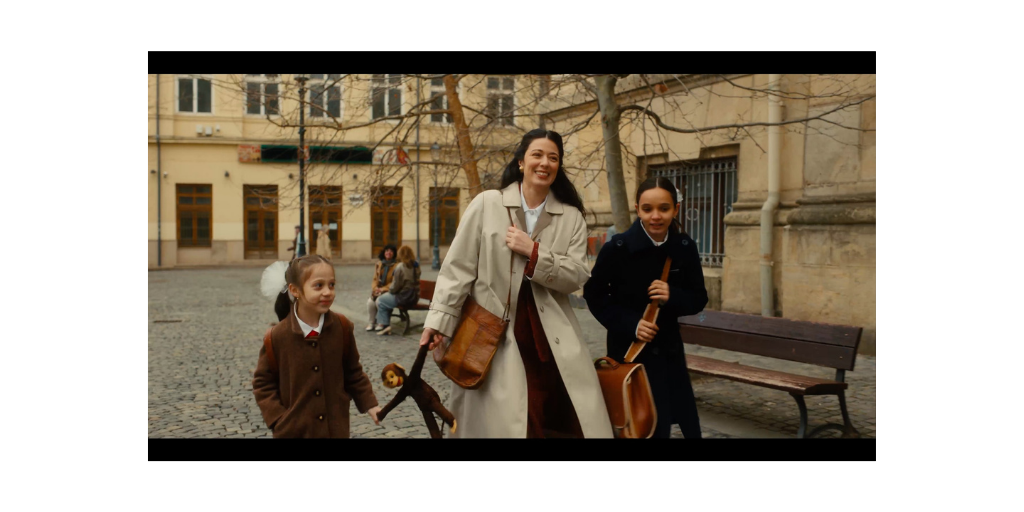
“God is active,” adds Lonnie, emphasizing that Violetta and Ivan’s journey is a powerful testimony to God’s unchanging nature. “He loves our displays of faith that ignite his power and true miracles,” Lonnie adds. “He remains very serious about establishing his Church.”
“I’m so grateful that this movie is coming into existence,” Violetta says. “It is telling our life story, which probably mirrors thousands of other life stories, and we are happy to be in all of it as a tool to bring that message of hope and love.”
“Telling stories through film is an approachable medium that can cast a wider net,” Isaac says. “Jesus told parables, and this is our way to stand on a hill in front of thousands of people and share the Gospel message through story.”
- Story originally shared by the Eurasia Region of the Church of the Nazarene
Find tickets to Between Borders here.


